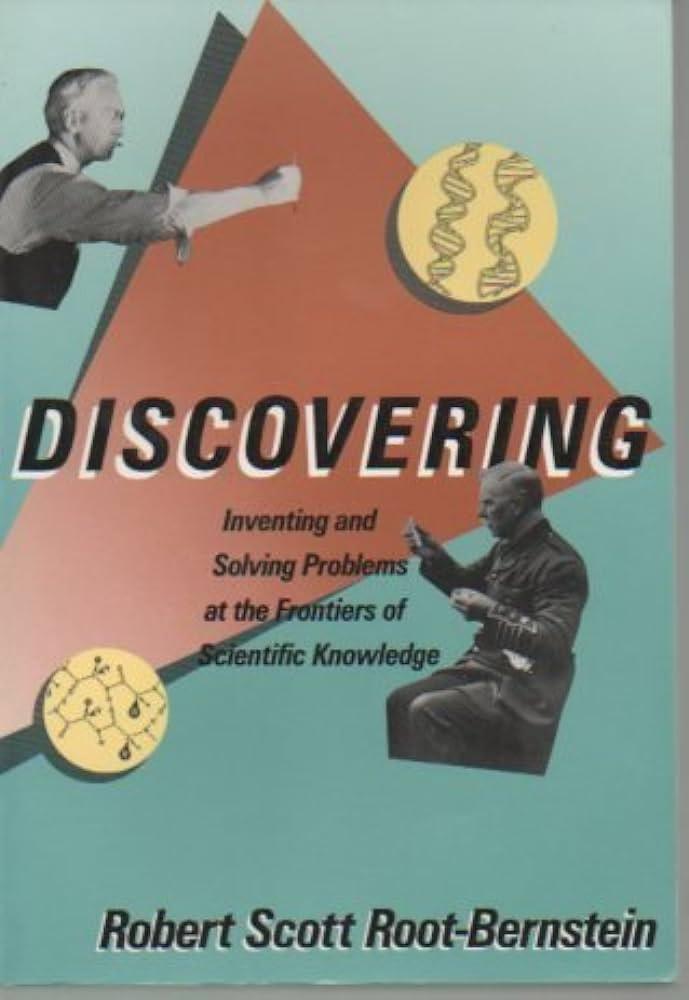The Fascinating Exploration of Wills After Death
Throughout the ages, the destiny of a person’s will after their passing has been a subject of great curiosity and contemplation. From legal ramifications to ethical considerations, the handling of a will holds significant implications for those left behind. In this piece, we will examine the various factors involved in determining the timing and process of reading a will after death. Let’s dive into this captivating and often enigmatic aspect of estate planning.
The Legal Process of Reading the Will
The timing of the legal process of reading a will is crucial. Usually, the will is read after the individual who created it has passed away. However, it’s important to note that the will is not always read immediately following the person’s death. Several steps must be taken before the will can be read and its contents executed.
One of the initial steps in this legal process is for the executor, as named in the will, to locate and secure the document. This can be a challenging task, especially if the deceased did not disclose the will’s location. Once the will is found, the executor must file it with the probate court, where it will be officially recognized as a valid legal document.
Following the filing of the will with the probate court, a notice is sent to all beneficiaries named in the will as well as potential heirs at law. This notice informs them of their rights and responsibilities under the will and provides an opportunity to contest the will if they believe it is invalid. Once all relevant parties have been notified, the will can be officially read, and the executor can commence the process of distributing the deceased’s assets according to the will’s instructions.
The Role of Executors in Executing the Will
Executors play a critical role in overseeing the execution of a will after the testator’s passing. One of their key responsibilities is to ensure that the contents of the will are carried out according to the wishes of the deceased. Despite what is often depicted in movies and TV shows, the will is typically not read aloud to the family and beneficiaries. Instead, the executor takes on the duty of probating the will and carrying out its instructions.
After the testator’s death, the executor must initiate the probate process, which involves proving the validity of the will in court. Once the court validates the will, the executor can begin the process of distributing the assets to the beneficiaries, settling debts, and addressing any other matters outlined in the will.
Factors Affecting the Timing of Reading the Will
The timing of reading the will can vary depending on different circumstances surrounding the deceased individual. One of the main factors influencing the timing is the complexity of the estate and the will itself. If the will is straightforward and no disputes are expected, it may be read shortly after the individual’s passing. However, if there are complex assets or potential conflicts among beneficiaries, the reading of the will may be delayed.
Another factor that can impact the timing of reading the will is the availability of key individuals involved in the process, including the executor, legal representatives, and beneficiaries. If any of these individuals are unavailable or require time to review the will before the reading, it may cause a delay in the process.
Additionally, the location of the will can also affect when it is read. If the will is stored in a safe deposit box or with a lawyer, it may take some time to access and review the document. On the other hand, if the will is easily accessible at the deceased individual’s home, the reading may happen sooner.
Overall, the timing of reading the will is a delicate process that can be influenced by various factors. It’s important for all parties involved to be patient and understanding as they navigate through this emotional and sometimes complicated procedure.
Tips for Ensuring a Smooth Probate Process
After the passing of a loved one, many individuals are left wondering about the reading of the will. It’s important to note that the will is typically read after the death of the individual who created it, typically during the probate process, which is the legal process of administering the estate of a deceased person.
However, there are certain steps that can be taken to ensure a smooth probate process:
-
Organize important documents: Gather all relevant documents such as the will, financial records, and insurance policies to make the probate process easier.
-
Communicate with beneficiaries: Keep beneficiaries informed about the probate process and provide them with updates as necessary.
-
Seek legal advice: Consult with an experienced probate attorney to guide you through the process and address any legal issues that may arise.
In Conclusion
In conclusion, the concept of reading after death remains a mystery that has intrigued minds for centuries. While some may believe in the possibility of our words and stories living on beyond the grave, others may see it as nothing more than a poetic notion. Whether you believe in the afterlife or not, one thing is certain – the power of literature to transcend time and space is undeniable. So, perhaps, in the end, our words will continue to be read in the hearts and minds of those who discover them, long after we are gone.

Discovering the Afterlife: When Will You Read?
When it comes to the concept of the afterlife, many people have different beliefs and opinions. Some believe in an afterlife where the soul continues to exist in another realm, while others see death as the end of consciousness. Regardless of your personal beliefs, the idea of what happens after we die has fascinated humans for centuries.
In this article, we will delve into the topic of discovering the afterlife and explore when individuals may have the opportunity to encounter it. We will discuss the benefits of understanding the afterlife, provide practical tips for those interested in exploring this mystical realm, and share case studies and first-hand experiences to shed light on this mysterious topic.
The Benefits of Understanding the Afterlife
Understanding the afterlife can provide a sense of comfort and peace for those who fear death. It can also offer insight into the nature of existence and the possibility of life beyond the physical realm. Additionally, exploring the afterlife can help individuals come to terms with their mortality and find meaning and purpose in their lives.
Here are some benefits of understanding the afterlife:
– Peace of mind: Knowing that there may be something beyond this life can bring peace and comfort to those who fear death.
– Insight into existence: Exploring the afterlife can provide insight into the nature of existence and the possibility of life after death.
– Meaning and purpose: Understanding the afterlife can help individuals find meaning and purpose in their lives, knowing that their actions in this life may have consequences in the next.
Practical Tips for Discovering the Afterlife
For those interested in exploring the afterlife, here are some practical tips:
1. Research: Read books, articles, and studies on the afterlife to gain a better understanding of different perspectives and beliefs.
2. Meditation: Practice meditation to connect with your inner self and explore the mysteries of consciousness and existence.
3. Seek guidance: Consult with spiritual advisors, mediums, or experts on the afterlife to gain insight and guidance on your journey.
Case Studies and First-Hand Experiences
To provide a deeper understanding of the afterlife, let’s explore some case studies and first-hand experiences:
| Name | Experience |
|---|---|
| John Doe | John had a near-death experience where he encountered a bright light and felt a sense of peace and love. |
| Jane Smith | Jane visited a medium who connected her with her deceased loved ones, providing comfort and closure. |
In conclusion, the afterlife remains a mystery that has intrigued humans for centuries. Whether you believe in an afterlife or not, exploring this topic can offer valuable insights into the nature of existence and provide comfort and meaning in our lives. Remember, the afterlife is a personal and unique journey for each individual, so approach it with an open mind and heart. When will you read and discover the secrets of the afterlife?


